Blog

Back and Neck Pain
About 80% of the population will suffer from back pain at some time. Studies show that osteopathic treatment reduces back pain, increases mobility and speeds the recovery process. Your osteopath can assist you to develop the course of action consistent with your...

Can You Get Your Back Pain to Centralise?
I recently attended a continuing professional development workshop headed by a world-renowned musculoskeletal specialist. The theme of the seminar was the diagnosis of back pain and in particular, disc pathology. Attendees included medical doctors, osteopaths, and...

Cervicogenic Headache
A common condition we treat at Coolangatta-Tweed Heads Osteopathy is known as a cervicogenic headache. This is described as a headache primarily caused by dysfunction in the cervical region of the neck. Its representative symptoms are pain that is often felt...
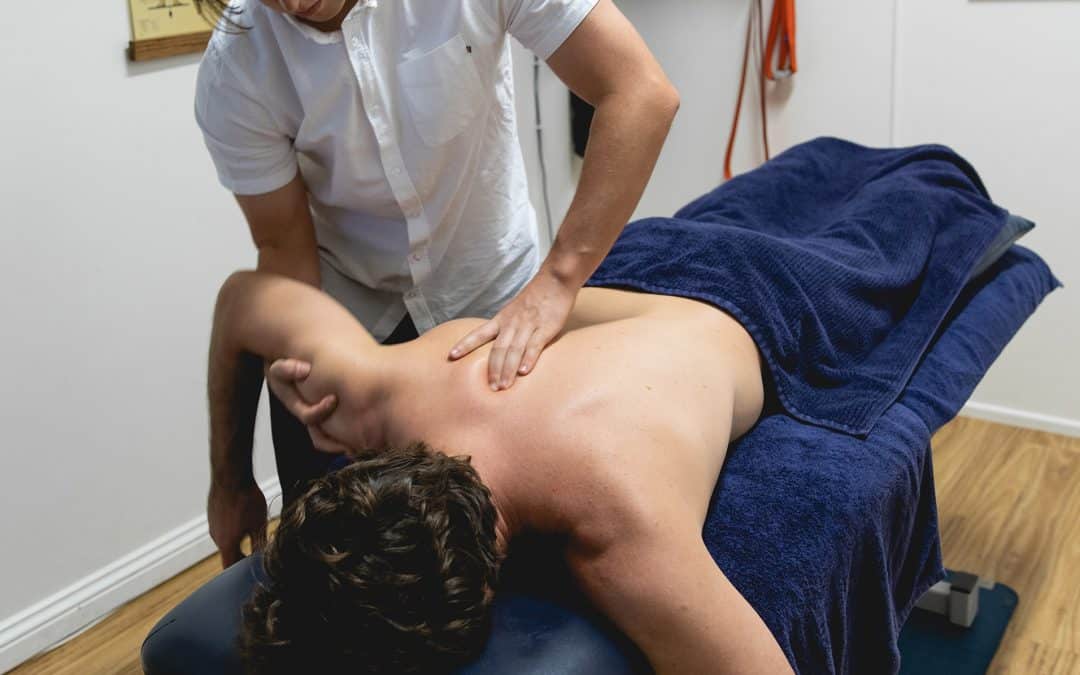
Frozen Shoulder
Frozen shoulder or adhesive capsulitis is defined by the of American Shoulder and Elbow Surgeons as “a condition of uncertain aetiology characterized by significant restriction of both active and passive shoulder motion that occurs in the absence of a known intrinsic...

Headache Diary
Headaches can be caused by a number of factors. A headache diary is a great tool for anyone who has persistent headaches of unknown cause. Without a diary, it's like taking stabs in the dark as to why they are occurring. If you are suffering from persistent headaches,...

Headache and Pain Relief
The most common type of headache originates from tension, muscle stiffness or joint strain in the neck and upper thoracic region*. Other causes include: eye strain sinus congestion whiplash injury stress poor posture jaw imbalance and teeth grinding infection...

Iron Deficiency Anaemia
Iron deficiency anaemia is a deficiency of haemoglobin in the blood most commonly caused by not meeting dietary requirements of iron or an excess blood loss. It results in a small blood cell (microcytic) which contains a reduced amount of haemoglobin (hypochromic)(1,...

Lower Back Pain, Facet Joint Sprain
Facet joints are found in the spinal column. They are described as a pair of parallel joints that connect the above and below vertebrae with each other. Each vertebrae has superior facets and inferior facets to make this possible. Sprain is an injury where a joint's...

Osteomalacia
Osteomalacia can be described as a bone condition which affects the mineralization of bone. It is often caused by disorders pertaining to vitamin D and phosphate metabolism. It causes a softening of the bones due to the reduced uptake of calcium necessary to maintain...

Post Traumatic Stress Disorder
PTSD is defined as a disorder related to anxiety in response to being involved in a traumatic event. Often the event involves threat of injury or potential death such as physical assault, events at war or sexual violation.(1) The Incidence of PTSD occurs in less than...

Sciatica
The sciatic nerve is the main nerve in the leg and the largest in the body. It runs from the base of the spine, along the back of the thigh to the knee, where it divides into branches. Sciatic pain is usually caused by compression of this nerve root at the point where...
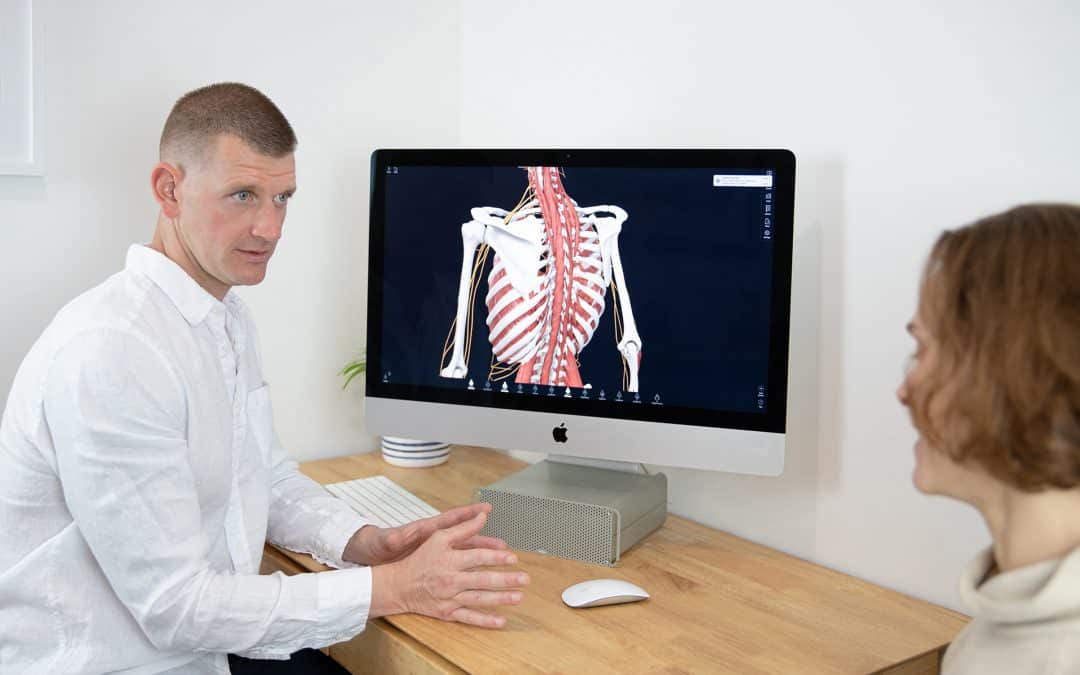
Somatisation Disorder
Somatisation describes a person having a tendency to communicate psychological grief in the form of somatic symptoms in the absence of any physical medical findings. Symptoms may be intensified by an individual suffering anxiety or depression.(1) Peak incidence occurs...
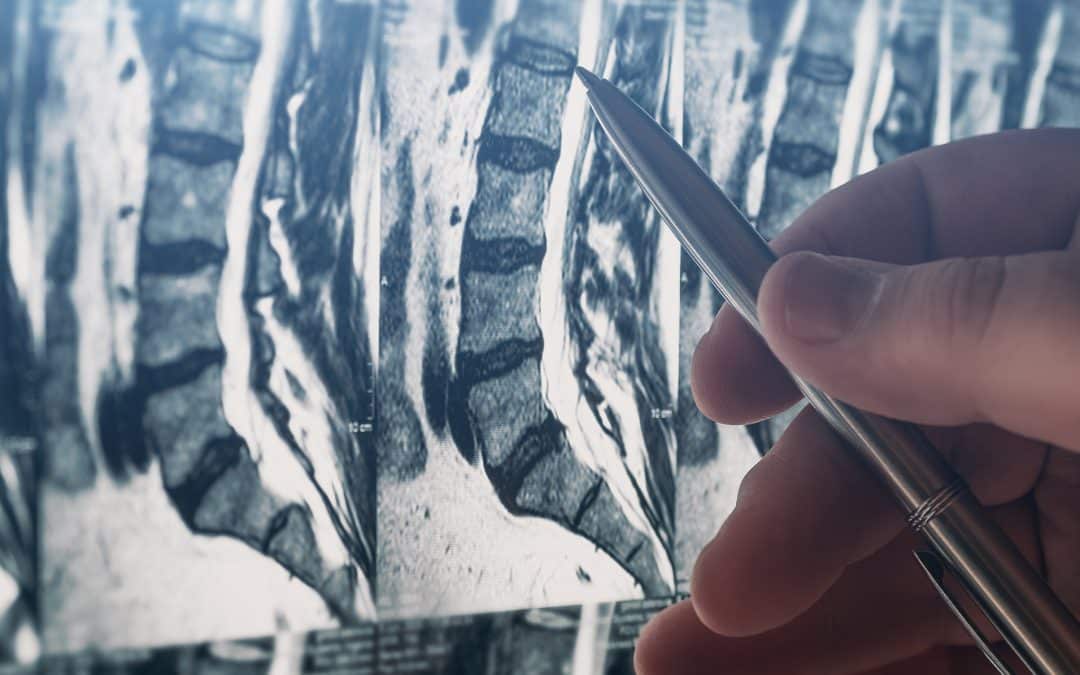
Spondylolisthesis
Spondylolisthesis is a condition of either a forward slippage (anteriolisthesis) or a posterior slippage (retrolisthesis) of one vertebrae on another. There are 5 major variations that occur within the lumbar spine. Congenital defect Isthmic where there is a defect in...

Tennis Elbow
Tennis elbow or lateral epicondylitis, as it is known, is defined as a local inflammation or tendinitis at the musculotendenous junction of the common wrist extensors at their attachment lateral epicondyle of the elbow. It is commonly known as tennis elbow due to the...
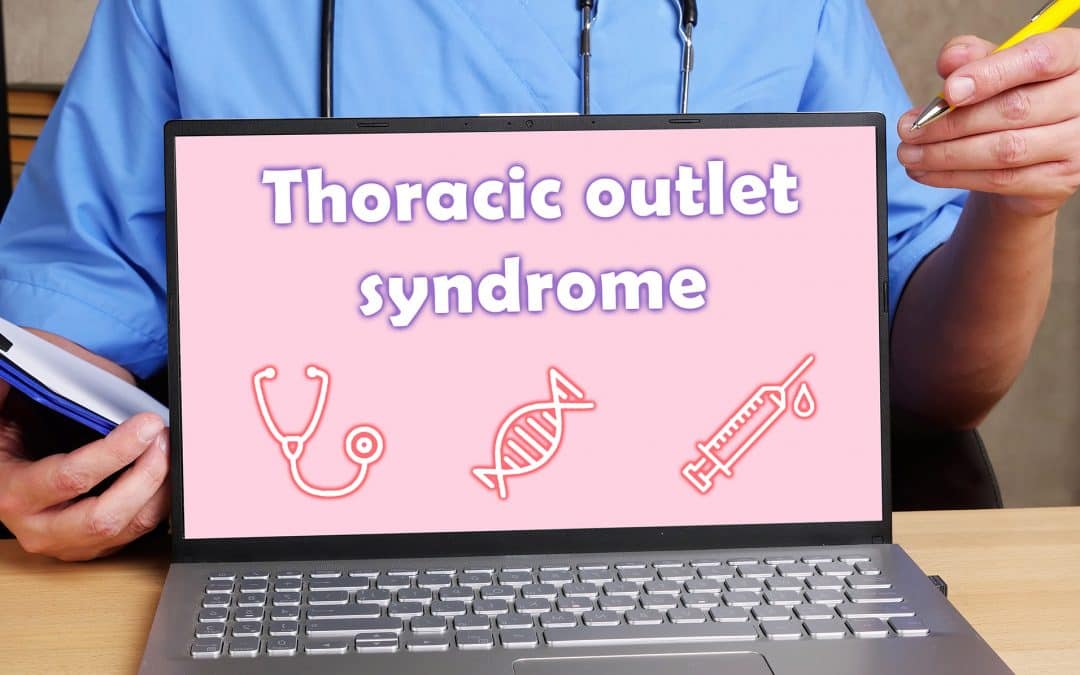
Thoracic Outlet Syndrome
The term thoracic outlet syndrome is used to describe a number of conditions in which the underlying cause is compression of the neurovascular bundle (brachial plexus) and associated subclavian vessels, as they traverse the thoracic outlet. The thoracic outlet is made...
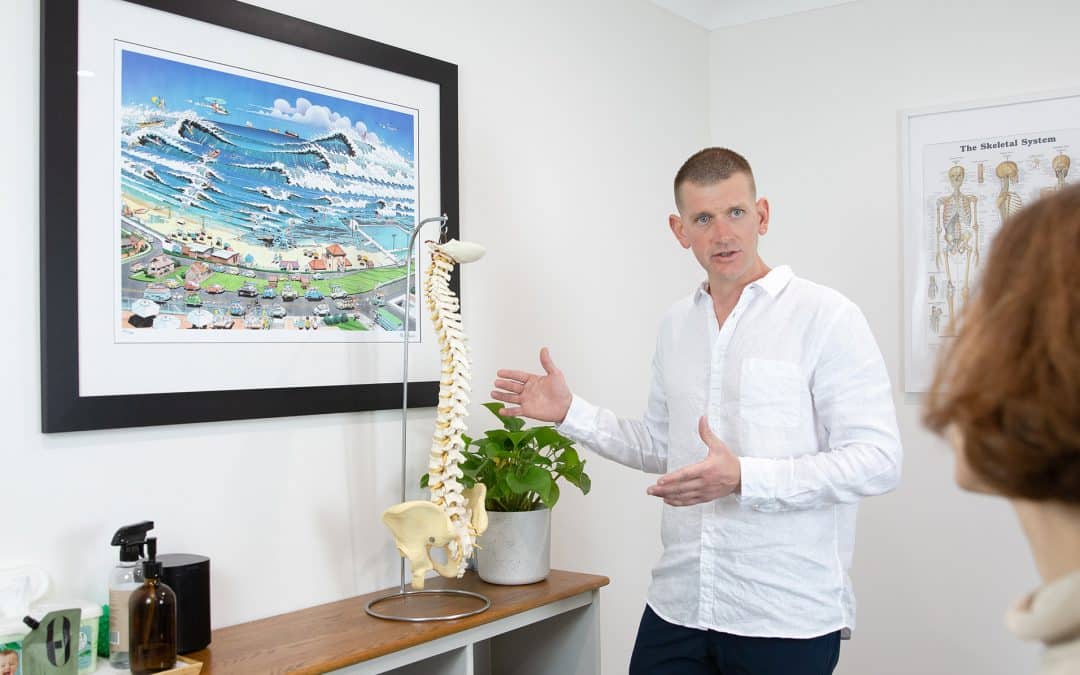
When You Can Fix Everything But Your Own Bad Back
I’m no tradie. But I do like to get in and have a go at some of the odd jobs that need doing around the house. In most cases, I get the job done and done well. It wasn’t always that way. My introduction to DIY wasn’t ideal; it was about four years ago when several...

Your Back is Worth It
This post will cover a comprehensive view of back pain, how it affects people’s ability to perform well in their jobs, how I dealt with back pain, and other important insights and research materials about the nature of back pain and how it can be treated. In this...
